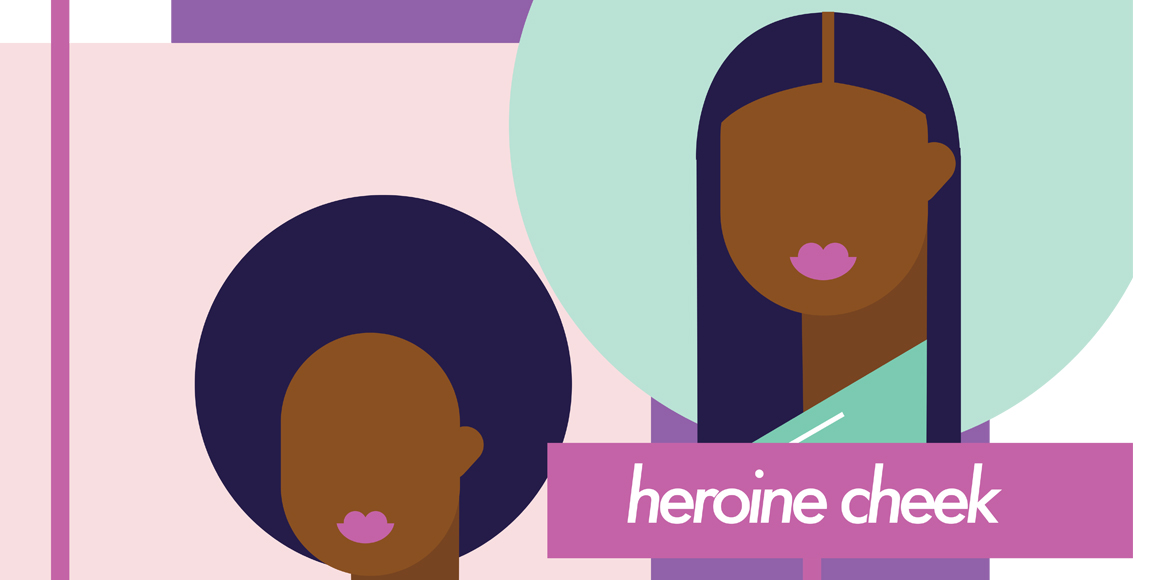The DA’s Herman Mashaba recently marked 100 days in office as the mayor of Johannesburg. While the change in local government has brought with it a shift in the way some things are done, some changes under Mashaba’s rule have raised a few eyebrows… and have us asking, really, why?
1. Scrapping bicycle lanes
During his acceptance speech in September, Mashaba announced that he would be putting a halt to the cycle lanes project that former mayor Parks Tau had implemented in Johannesburg. This was a move that was pushed for by the EFF – the party that pledged their support to the DA in the formation of coalition governments – who called cycle lanes an unnecessary luxury. “I intend putting a hold on this project. When every road in Johannesburg is tarred maybe then we’ll look at bicycle lanes again,” he said at the time.
But a response by Ralph Mathekga perfectly articulates the reasons why cycle lanes are not luxury items used by hipsters only. “The view by the CIC [of the EFF, Julius Malema] seems to be based on the wrong idea that it is only white people who get to cycle recreationally; hence the whole idea of cycle lanes can be done away with. But most of the time I cycle to work in the morning, the majority of fellow cyclists I come across are black folks trying to get to work. Most of them are doing small time jobs like gardening and they cycle to work as a way to save money that would otherwise be spent on transport. Those cyclists get healthier while at it… Once they realise who cycles in the mornings they will see that cycle lanes are actually an urgent necessity for getting by in Johannesburg.”
2. Restricting graffiti to encourage an “investor-friendly environment”
Graffiti art on the walls of a lot of inner-city Jo’burg – Maboneng, Braamfontein, Newtown – are a key part of what give these spaces the edge that makes them what they are. It’s a part of culture that gives artists a space for expression and also allows for the development of the aesthetic that defines what the city is – a mix of old and new, with definite development and cool-kid vibes at the same time.
But according to the mayor, the graffiti is a “deterrent to investment.”
“Mayor Mashaba understands the importance of creating an enabling environment in our city for businesses to flourish and employ more people,” his spokesperson, Tony Taverna-Turisan, said. “Part of this is to ensure that the inner city is cleaned of deterrents to investment, of which graffiti is one such element.”
3. Removing homeless people who live in abandoned buildings
Mashaba accused the 115, 000 or so people who take up living in abandoned buildings of doing so solely to jump housing list queues, and suggested that “so-called human rights lawyers have used the courts to keep these people under these conditions to the benefit of the slumlords.”
So instead of looking at contextual factors, and systemic problems that are the legacy of apartheid, or as Stuart Wilson noted in the Daily Maverick, issues such as poverty, low wages, high housing costs, or the failure of the state to provide public rental housing, Mashaba would rather remove them because their homelessness can be attributed to conspiracy theories.
4. Xenophobic remarks calling for the removal of “illegal immigrants”
In his 100 days address, Mashaba said, “anyone who is in the city illegally must be prepared to face the law.”
According to his spokesperson, Mashaba would not keep quiet about illegal immigrants and said national government needed to “clean up its act” to ensure the efficient processing of asylum seekers and refugees. Calling in to 702 on Wednesday morning, Mashaba defended his comments again. “I stand by what I said that people who are in our city illegally – whether you are South African or you’re someone from outside – please, when you’re in our city, please respect our laws because if not, then we’re going to have a challenge,” he said.
Automatically linking immigrants to crime without evidence to prove it is a problem, and is xenophobic because it can feed into others’ fears of immigrants and increase intolerance, if not actual attacks on immigrants.
You say that human rights must be respected while falsely accusing people of being criminals, with no evidence to back up your accusations. https://t.co/F4SUG4y5zV
— aasif (@AasifBulbulia) December 8, 2016
Also, how can South African citizens illegally be in their home country, Mr Mashaba?
5. Meeting with the Israeli ambassador
In a controversial move, Mashaba met with Israeli ambassador to South Africa Arthur Lenk, reportedly to present his vision for Johannesburg – a vision that Lenk said Israel would be “proud” to help implement.
Mashaba’s spokesperson told The Daily Vox Mashaba has met with a number of other high commissioners and ambassadors, which he claimed were cordial meetings at this stage. When asked about Lenk’s tweet, he said he was “no idea” what it meant.
Thank you Mr Mayor @HermanMashaba for awesome presentation on your vision for @CityofJoburgZA. #Israel will be proud to help you.
— ????? ???? ???? ???? (@ArthurLenk) December 6, 2016
“I think what the ambassador was stating is that Israel is happy to do business with the City of Joburg but this has always been their position,” said Taverna-Turisan.
While previous mayor Parks Tau was vocal in his support of Palestine, the DA – from which Mashaba hails – has been more lenient in their stance on Israel than other parties.
The conflict between the two is highly polarised, and the relations are always contested. Given Israel’s history of subjugation and systematic oppression of the Palestinian people, we have to wonder what kind of page exactly Mashaba is taking out of Lenk’s book.
Maybe @HermanMashaba is getting tips on how to displace people from @ArthurLenk. Old apartheid co-operation resurfaces under @Our_DA
— Ihsaan Haffejee (@Ihsaan_Haffo) December 7, 2016









